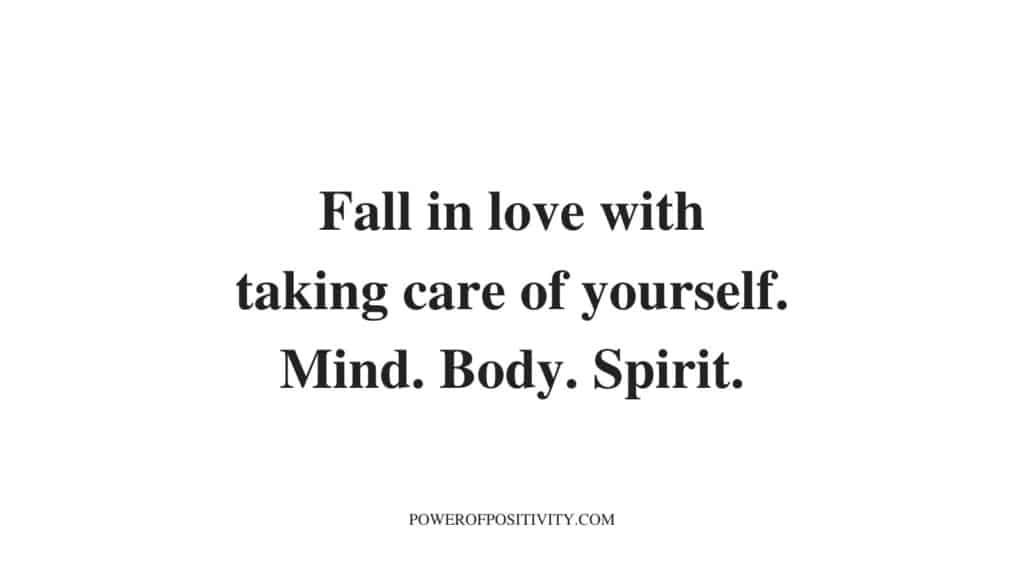doIn the past, a broken hip for a senior person usually led to an early death. Fortunately, advances in medical science and orthopedic surgery have reduced the mortality rate for such injuries. If you are among those at risk for breaking your hip, doctors recommend steps to take now to avoid it in the future.
Did you know that if you are 65 or older and have osteoporosis and have an 87-96 percent chance of fracturing your hip? Most broken hips are the result of trips and falls. What can you do to protect yourself?
You are at a higher risk of stumbling and breaking your hip if you are a female age 80 and beyond. In this risk group, studies show that only 10-15 percent of people survive after their injury. For those who do, 10 percent couldn’t go back home to their healthy lives.
Why are seniors more apt to stumble or fall? They are often unsteady on their feet, have slower reflexes, and have health issues that cause dizziness. Most hip fractures occur in the seniors’ homes.
While some minor hip fractures may heal without surgical intervention, others require a mechanical hip replacement. Although hip replacement surgery is now routine with a high level of success, it comes with risks, such as blood clots, infection, and abnormal bone growth beyond the replacement. These risks can be especially challenging for a senior who already has compromised health issues.
Best Practices for Preventing Hip Fractures
The good news is that you can observe healthy habits now to minimalize your chances of an accident later. Some of these steps may already be part of your lifestyle. Consider these fifteen habits doctors recommend to avoid accidents like a broken hip.
1. Make Regular Visits to Your Bone Care Specialist
When you are over 65, medical experts recommend that you see a bone care specialist regularly, especially if you are a woman. The doctor will probably conduct a bone density test to see how well your bones have aged, and if you are at risk for osteoporosis or broken hips.
2. Eat Right for Healthy Bones
Did you know that your bones were living organs in your body? To keep them optimally healthy, they need proper care and nourishment. Diets loaded with processed junk food also add extra pounds for your bones to carry.
Since your bones have a high calcium content, nutritionists recommend that you enjoy whole foods rich in calcium and Vitamin D. Try incorporating low-fat dairy products and dark green leafy veggies into each meal. It is a deliciously healthy habit that will nourish your bones and your whole body.
3. Keep Yourself Hydrated and Drink Water
You already know that cool, refreshing water benefits your kidneys, skin, and body, including your bones. If you drink a lot of coffee and soda, studies have shown that too much of these beverages may contribute to bone brittleness.
Give yourself a break from acidic beverages and have at least 6-8 glasses of water each day. If you don’t like to drink water plain, add some lemon for a boost of taste and Vitamin C. Keeping your body hydrated may keep a broken hip at bay.
4. Kick Your Cigarette Butts
As if you don’t have enough reasons to stop smoking, add harmful to your bones to the list. Tobacco smoke is laden with hazardous chemicals, including those that can cause cancer. Smoking eventually destroys each body system, including your bones.
Talk to your professional healthcare provider about the right smoking cessation therapy for you. Within hours of quitting, your body starts to heal. Learn how to stop smoking and give yourself a break, but you don’t want that break in your hip.
5. Get Those Bones in the Groove
Our skeleton is a fantastic system of bones, blood vessels, joints, and connective tissue. If you don’t get enough exercise, your joints can get stiff, and you can be at risk for arthritis. This condition weakens your bones and can increase your chances of falling and getting a broken hip.
Even if you are a senior, your health provider or a physical therapist can recommend beneficial exercise routines tailored to your needs. You may also consider ancient regimens like yoga or Tai Chi. They incorporate gentle, fluid motions that benefit your bones, joints, and muscles.
6. Limit Your Alcohol
While your healthcare provider may approve you drinking alcohol in moderation, realize that too much can hurt you. Did you know that chronic alcoholism can rob your bones of vital calcium, leading to brittle bones and osteoporosis? If you want healthy bones and fewer risks for a fractured hip, be careful with the alcohol consumption.
7. Minimize Your Trip & Falling Risks
The most common ways of getting a broken hip are tripping and falling. Be proactive and inspect each room of your home for these avoidable hazards. Clear clutter from the floors and stairs and ensure that power cords are adequately bound out of your way.
If you have throw rugs, secure them with slip-resistant tape. Bathrooms are notorious places for slips and falls, so be sure to install safety bars around the tub and shower. Use slip-resistant mats in the tub and around it.
8. Let There Be Light
How many times have you almost tripped and fell because of inadequate lighting? One bad fall could lead to a fractured hip, so be sure to have proper lighting in every room of your house. Consider using a nightlight in the bedroom, hallways, and bathrooms for a safe path during the night.
9. Get Started on the Right Foot
Have you noticed that when your feet hurt, it pains the rest of your body? Your bones and joints may already be paying the price for the years you wore those tight-fitting stilettos. You can be just as attractive and safer in lower heels and flats since you aren’t as apt to fall in them.
Wear comfortable shoes that support your feet, legs, and back. Did you know that you can also battle hip pain because of ill-fitting shoes? With the right fitting footwear, you can even walk more for exercise.
10. Keep Your Eyes on Good Health
Another fall hazard can be poor vision, which is typical as we age. Since our eyesight changes periodically, remember to keep regular visits with your optometrist. Always wear your corrective lenses to prevent stumbles and falls around the house and in public.

11. Know Your Medications
Talk to your professional healthcare provider about the medications you are taking. Many prescriptions have dizziness and drowsiness as their main side effect. Be careful when standing suddenly, and sit down if you are feeling dizzy, to prevent a bone-breaking fall.
Some medications also leech bone-healthy vitamins and minerals from your bones. Talk to your healthcare provider about these medications. If you can’t make substitutions, at least be aware that you may need supplements.
12. Consider Taking Supplements
Some seniors have difficulty with vitamin and mineral absorption, so consult your healthcare provider or nutritionist about taking bone-healthy supplements. Your doctor might recommend prescription medication to build density and slow down bone loss.
13. Take A Lesson from History
Did you know that osteoporosis and brittle bone conditions are often inherited, especially in females? If your mother or other women in your family were diagnosed with osteoporosis, you could also be at risk. If any of these relatives had a broken hip, you need to be especially cautious about your health and safety.
Multiple studies suggest that your race may also be a factor in bone health. African American, Asian, and Hispanic females usually have higher incidences of osteoporosis and hip fractures than their White peers. However, Asian females statistically had fewer hip fractures and breaks.
14. Be Tested for Paget’s Disease
Certain disorders, such as Paget’s Disease, can affect bone density and make you prone to fractures and breaks. Paget’s Disease causes your bones to be enlarged and twisted, affecting the spine and hips. Some of the condition’s signs and symptoms are common in other disorders, so only medical tests could reveal you have it.
15. Keep Yourself Comfortable
As some people age, they lose a little padding in the hips and bottom. Keep your chairs, car seats, and beds cozy and comfortable with supportive padding. You will be less likely to have aching bones, which could make you less active.
Did you know that some hip fractures go undiagnosed? If you are experiencing constant pain and aches in your hip joints, consult your healthcare provider. It may be a small fracture that can worsen over time.
Final Thoughts on Avoiding a Broken Hip by Starting Healthy Habits Now
Nobody can stop the process of an aging body and bones. However, these and other healthy habits may slow the process down and minimalize bone loss. Just because you have risk factors doesn’t mean that a broken or fractured hip is inevitable.
With proper diet, weight-bearing workouts, and a healthy lifestyle, you can continue to do the things you love long into your golden years. Take care of your body, and it will take care of you. Practicing good bone and joint health is an ideal way to start.
The post Doctors Share 15 Habits to Start Now to Avoid a Broken Hip Later appeared first on Power of Positivity: Positive Thinking & Attitude.
【Top 10 Malaysia & Singapore Most Beautiful Girls】Have you follow?

